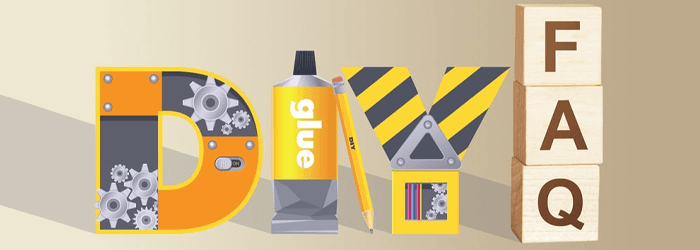During an energy audit, an energy-efficiency specialist will examine every nook and cranny in your home to uncover both obvious and hidden energy-wasters. Those might include:
- Leaks in the air conditioning duct system.
- Penetrations that allow air to get out of the unconditioned attic and into the rest of the house—and the other way around.
- Improperly installed or worn-out insulation.
- Pressure imbalances that can cause “heat islands” or uneven air temperatures, so one spot in a room might be too hot or too cold while other spots are comfortable.
- Windows and doors in need of sealing and caulking.
Think of an energy audit as a diagnosis. The specialist will test your home and your air conditioning system for leaks and other inefficiencies. The best auditors will ask you about your family’s lifestyle, talk about your energy bills and figure out if you’ve got any energy bad habits that are pushing up your utility bills. With all the data collected, recommendations are then made for repairs and/or upgrades that can improve your home’s performance, lower your energy bills—by up to 30 percent—and improve your comfort and your home’s air quality.
Once those repairs are made, the “auditor” will come back and test the home again. A good one will even help you identify discounts, rebates and tax credits that will help you pay for making your home more energy efficient.
Here’s how a thorough, professional energy audit works:
- Your auditor might bring a thermal imaging camera into your home to help detect where you are losing energy and money. This sophisticated equipment can reveal unusual heating patterns—a symptom of poor insulation—and it can scout out electrical “hot spots” that could result from overloaded circuits, faulty wiring, defective switches or other problems with the electrical system. Infrared cameras also can find foundation cracks and deterioration behind finished walls—a sign that water has found its way into them. They also spy problems with your heating and air conditioning equipment.
- The audit likely will include a “blower door test,” which will determine how airtight your home is. The test involves closing all of the windows in the house and mounting a powerful fan into the frame of an exterior door. The fan sucks all of the air out of the house, which lowers the indoor air pressure. That forces outdoor air—now at a higher pressure—to flow indoors any way it can—through cracks around windows and doors, through unsealed penetrations where electric lines and cables come into the house, and through tiny leaks and holes in walls and floors. The auditor might use a smoke pencil to make the air leaks visible.
These tests can take half a day to perform. A week or so later, your auditor will give you a report that details the leaks and other energy problems the tests revealed, along with a list of recommended improvements.
###














